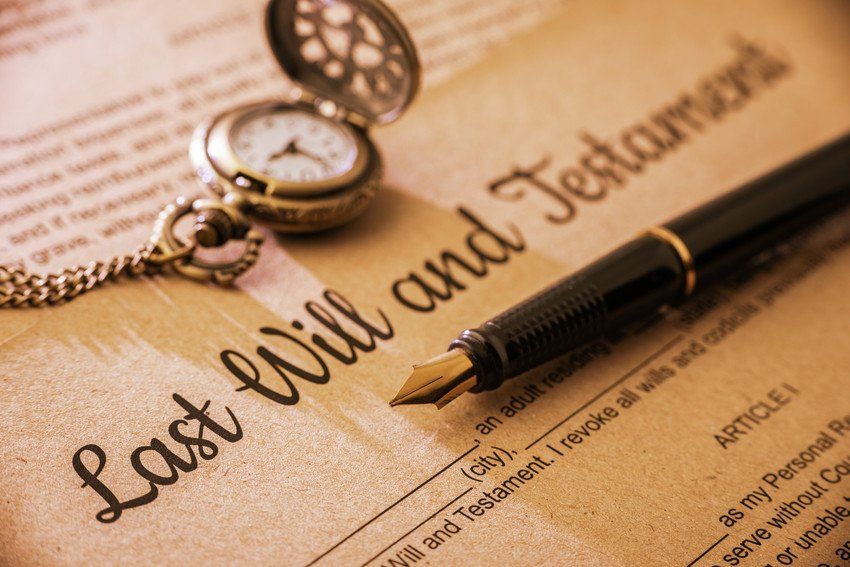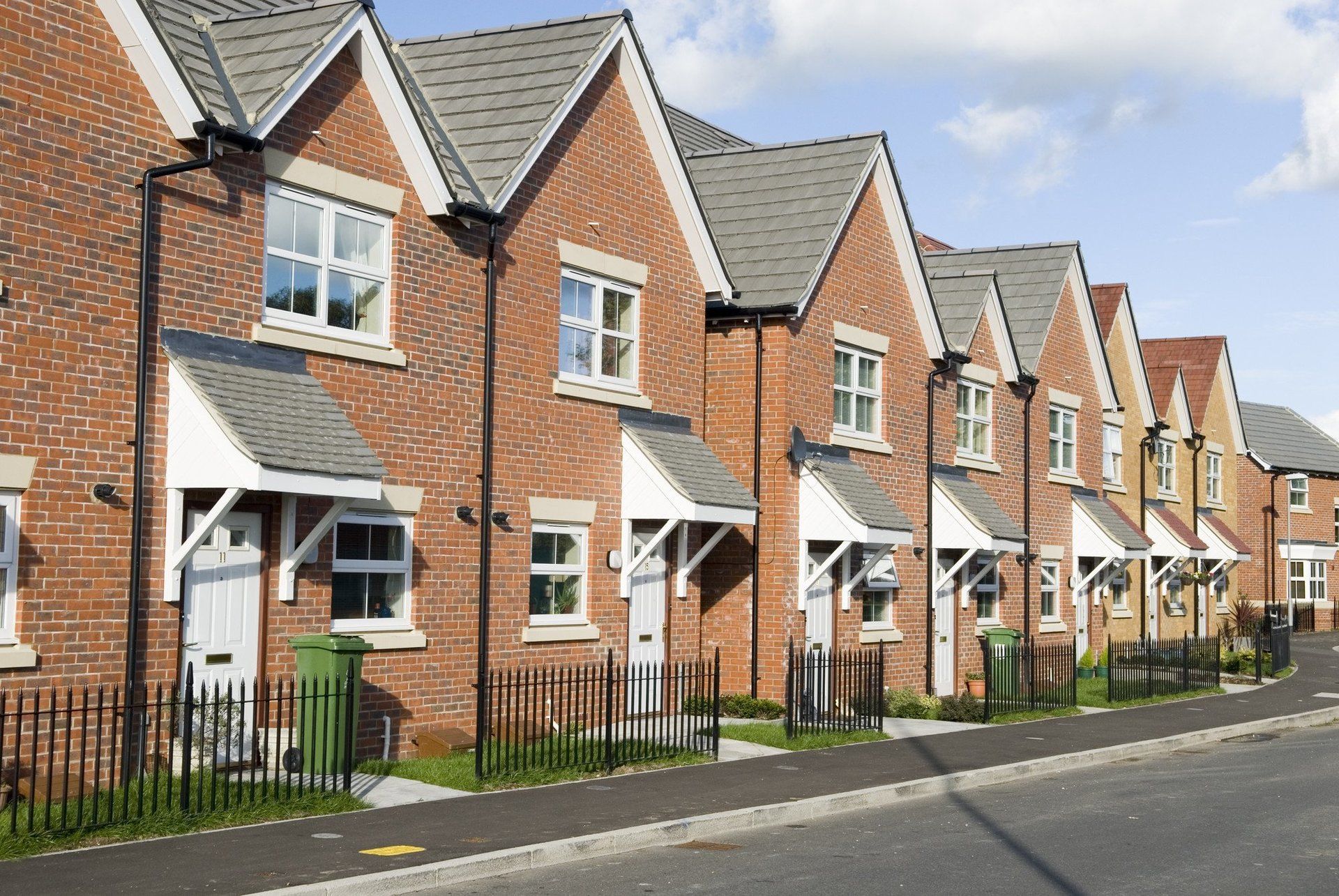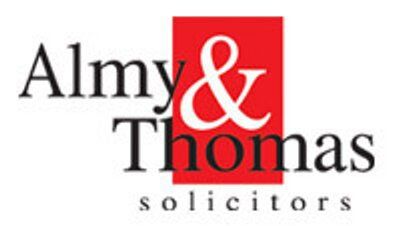
From buying to remortgaging: what is property conveyancing?

Buying and selling a property can at times be a stressful ordeal however conveyancing is here to try and make this process a little easier. After all, there are a myriad of legal pitfalls which you may encounter during the transfer of a property and you will need some legal advice and help. In the modern era, we simply don’t have the time to manage the transfer of property legally and move our things from one place to another. So, conveyancing and legal help with this is vital to ensuring that the buying and selling of your home is as smooth as possible.
Property conveyancing is, essentially, the transfer of legal ownership of a property from one party to another. This process is divided into two key elements, the exchange of contracts and the completion of the contracts. Of course, there is far more than meets the eye with all of this but essentially it comes down to those two main processes. A legal conveyancer will help you with these official documents and attempt to make this process as smooth as possible. Naturally, you may feel that you want to be involved in the process and understand the steps and stages which are taking place in order to transfer the legal documents. If you wish to be involved then, of course, you can be. This is the beauty of legal help with conveyancing, you can be as involved as you wish to be.
The process can be a touch complex for some people with less experience to understand and there are many different processes involved. So, before you go down the road of buying or selling your property you will need to understand this process entirely. Of course, like many legal matters these processes are there for a reason and they will ensure that everything is handled professionally and efficiently. So, what are these stages and why are they so important? In this blog, we’ll dive into the reasons for these processes and why they are so important. So, keep reading to find out more!
Initial paperwork
Before any of the legal work can start an offer must first be accepted for your property. Often this process can take a fair amount of time and there can be much back and forth between you and the buyers. This is essential though to make sure that you get the offer which you are after and that the buyers are also happy with how much they are paying. During this process, there will also be a series of questions within this process to ask a few more detailed questions about the house and what will come with the purchase of the property.
During this stage, the seller’s solicitor will write up a draft contract. This contract will essentially outline the conditions of the sale which will include major factors such as the price of the property. However, there will also be a few other areas that will be written in this contract about the condition of the property to protect the buyer’s investment. The seller will also provide the buyer with a series of information about the property and use their solicitor to handle this information.
It is of course essential that you use a solicitor during this process as the information you provide must be completely accurate. What’s more, you must have legal written evidence of the discussions which you have had with the other party. After all, if the worst does happen and relationships break down then you will have legal evidence of all of your proceedings.
Inquiries
After the buyer has received the proposed contract from the seller's solicitors then the process moves on to the next phase of questions and forms. This next stage is equally as important but probably favours the buyers in terms of significance. When buying a property it is vital that the party who is purchasing the building knows exactly what they are spending their money on and every detail of the said property. After all, the last thing they want to happen is they purchase the building only to find that there are a few hidden things that may have influenced whether they bought the home or not. So, how can they understand what it is that they are buying?
To ensure that the buyer is in control of what they are purchasing their solicitor will carry out a thorough check of the house. This check will look through everything from the structural integrity of the home right down to the cosmetic appearance of the home. This report will allow the buyer to proceed with the process as they will have full confidence in the quality of the home. As such this is a vital stage in the buying process and it should never be skipped over or completed sub-standard.
Approval of draft contract
Once the property survey has been completed and both of the parties have approved the findings of the survey then the process will move onto the next stage. As you might expect this next process is again slightly more significant than the last stage as the process moves further forward and closer toward the handing over of the property. This stage will involve the approval of the draft contract and setting a marker for the next stages in the purchasing of the property. It is of course vital that both parties take their time to read this contract and understand the implication of signing the document. Your solicitor will be able to answer any questions you might have about the contract so you can sign it with complete confidence.
Mortgage offer
The next stage of the process within property conveyancing is the mortgage offer. Naturally, if you do not require a mortgage to purchase your property then you will not have to complete this stage of the process though it may still be useful to understand. For those who do require a mortgage to purchase their new home, this is one of the most vital steps and you should understand this stage in significant detail.
The lender of the mortgage will usually hand the details of the mortgage over to your solicitors who will over this and discuss with you the terms which have been offered. If you agree with the terms and would like to accept a loan from the lender then this process will be carried out by your solicitor and the lender. Then, you will be required to sign the mortgage deed and, as a result, you will be one step closer to taking ownership of your new property.
Exchange of contracts
At this stage of the proceedings, both the buyer and the seller will be getting very close to the completion of a deal and the role of the property conveyancer will almost be over. However, there are still a few more stages which must be completed before the deal is done and the conveyancing process is over. The next stage is, of course, the exchange of contracts.
At this stage both parties are now both agreeing and committing to a transaction and failure from either side to complete the deal will likely end in financial penalties. Although it is highly unlikely that this will ever happen. Essentially, each party will look through the contracts and sign them. What’s more, the buyer will also put down a deposit for the property.
Completion
Once a move-in date is set all that's left for the property conveyancer to do is transfer the money across on move-in day and ensure a smooth and comfortable exchange process!
If you’re in need of a property conveyancing service then make sure you contact us today! We have many years of experience and can certainly help you with your exciting new move! Our staff are both experienced and incredibly friendly so they would be delighted to help you with the next exciting step in your life! So, don’t hesitate to pick up the phone today and chat with some experts about your exciting new move!






